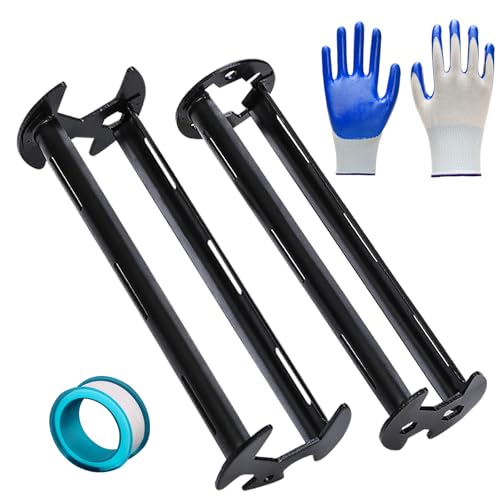soxnation71
New Member
Good morning all first time post. I have a question we have a new electric water heater (15-months old), and recently it starts to rumble when certain faucets are turned on. Its completely quiet when the dishwasher, kitchen sink, washer is running, and most plumbing for that matter. If the downstairs toilet or sink are running separately, it doesnt rumble, but if I flush and then turn on the sink at the same time the toilet is running, it rumbles. Also, when we run the master bath, the tank rumbles.
Recently, I replaced all our toilets with the Fluidmaster 400 as someone said that could be causing it, as previous to replacing, our toilets would flush and then make a whoosh sound four or five times before finally quieting. All three were doing this, so I replaced all three and they now flush normally.
From what I read, it sounds like I need to drain or flush our my tank as sediment might have built up, and even though its only 15-months old Ive never done this to the tank.
Anyway, I just wanted to post here in case anyone had any other thoughts or recommendations.
Thanks very much for your time!
Kyle
Recently, I replaced all our toilets with the Fluidmaster 400 as someone said that could be causing it, as previous to replacing, our toilets would flush and then make a whoosh sound four or five times before finally quieting. All three were doing this, so I replaced all three and they now flush normally.
From what I read, it sounds like I need to drain or flush our my tank as sediment might have built up, and even though its only 15-months old Ive never done this to the tank.
Anyway, I just wanted to post here in case anyone had any other thoughts or recommendations.
Thanks very much for your time!
Kyle







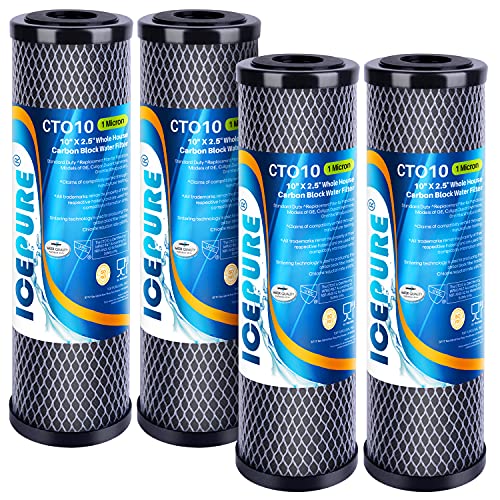



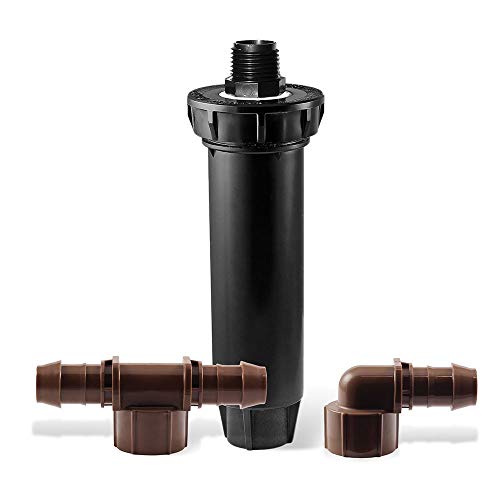










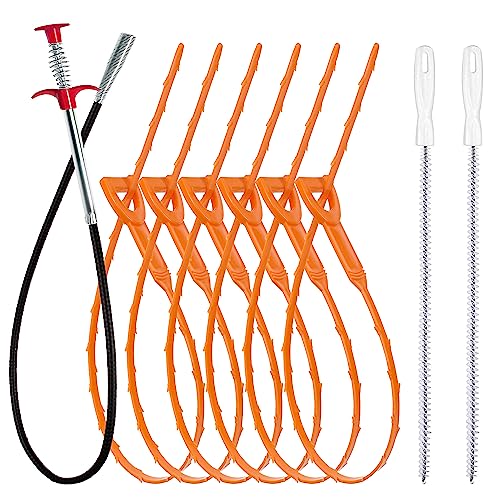









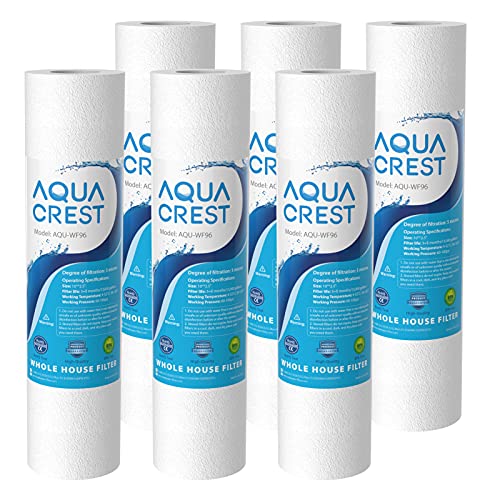




















![MEISTERFAKTUR drain snake 2.0 [50 FT] - with drill attachment - Ideal plumbing snake for sink and drain unblocking - Solid drain auger for real DYIs! (50 FT - 1/4 inch)](https://m.media-amazon.com/images/I/41VwmTiOsgL._SL500_.jpg)
